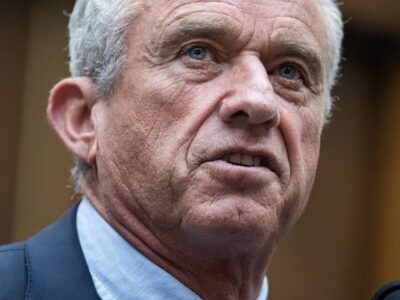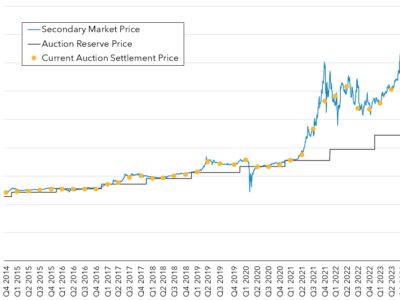Delayed harm and the politics of climate change, reconsidered
How much does zero emissions warming commitment matter, and what are its political implications?
The world is gathering soon in Glasgow to debate how to eliminate greenhouse gas emissions over the coming decades. But what happens when we achieve the goal of zero carbon dioxide emissions from human actions? Does the climate keep warming, stay the same, or even cool? It turns out this is a critical question for understanding what carbon budgets we have in terms of emissions, if we seek to meet temperature thresholds like 2 degrees Celsius. If warming will continue to a significant degree even after we stop carbon dioxide emissions, then that means we require even more aggressive action to reduce those emissions if our goal is to achieve a particular temperature threshold.
There is another important aspect to what is sometimes called “committed warming,” “climate inertia,” or “zero emissions commitment,” an aspect I wrote about over a decade ago. What are the political implications of the fact that climate change will continue after emissions cease, or even potentially grow worse? I noted that the continuation of climate harms after politically and economically challenging efforts to reduce greenhouse gas emissions could provoke a backlash against those reduction efforts, as the public sees pain but little or no gain from greenhouse gas emissions reductions. One can even see an element of this attitude from climate doomsayers, who foresee inevitable catastrophic impacts from climate change, which of course implies that there is little or nothing we can do to avoid it.
Since I wrote my article, there has been some significant scientific research seeking to quantify committed warming, and that research was summarized in the most recent draft IPCC report (see Chapter 4, pages 4-91 to 4-93). The weight of the evidence indicates that after carbon dioxide emissions cease, warming will likely stop getting worse, as a result of the balance of two different factors.
First, after carbon dioxide emissions cease, atmospheric carbon dioxide levels begin to decrease, as they are absorbed by natural processes and sinks in the oceans and on land. But offsetting that factor is that the oceans will continue to warm as they come into equilibrium with the warmer atmosphere, causing ocean temperatures (and therefore global temperatures) to continue to rise. Some models show a potential for a rise of up to 0.3 degrees Celsius, which is non-trivial, but others show a potential for a decrease of up to 0.3 degrees Celsius.
Does this mean that we don’t need to worry about political backlash? Here are two reasons that backlash may still be a problem. First, even if temperatures go down a bit, the planet will still be a lot warmer than it was today, let alone fifty years ago. Thus, the harms from that climate change will continue to affect us, even if they aren’t getting worse. As I noted in my article, that may still produce a backlash against continued climate action.
Second, and perhaps more importantly, there are a range of effects of climate change that may take decades to occur, and that will occur even after carbon dioxide emissions end. An important example of this dynamic is sea-level rise – because water takes a lot of energy (and therefore time) to heat or cool (“thermal inertia”), oceans will continue to absorb heat from a warmer atmosphere for decades and centuries, which in turn will produce sea-level rise, both directly because warmer water has larger volume, and also by facilitating the melting of glaciers (see this tweet for the summary, and Chapter 9 of the IPCC draft report at 9-119 to 9-122). Those kinds of impacts could provoke real political backlash.
But despite all of this, I’m actually less concerned about backlash now than I was ten years ago – the reason is the remarkable drop in cost over that decade for the technologies we need to decarbonize our economy, such as renewable electricity generation, and electric vehicles. That drop in costs means that decarbonizing our economy might not be a heavy burden for the public, and might even be economically beneficial. That in turn makes the politics much easier, which is a good thing, since it appears that climate change is coming quicker than previously expected.








Reader Comments